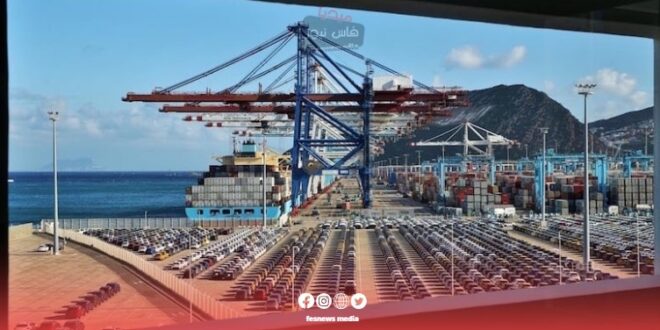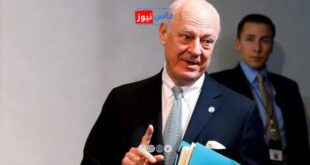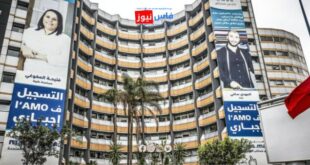The financial and banking sector is one of the key pillars that contribute to driving the national economy, especially in terms of supporting investment projects in Morocco. With the increasing need for funding for small and medium-sized enterprises (SMEs), as well as large companies seeking to execute local and international investment projects, this sector plays a vital role in providing the necessary financial tools and facilities to achieve sustainable economic development.
The Moroccan banking sector plays a central role in financing projects by offering a wide range of financial products and services aimed at various investor categories. These include commercial loans, Islamic financing, credit cards, in addition to financial consultancy services and insurance. This diversity in services helps stimulate the private sector to take investment initiatives and innovate in new projects.
Initially, Moroccan banks focus on offering loans with flexible terms for investment projects across all sectors. These loans may be long-term or short-term, and they specifically target startups and small and medium-sized businesses, which are key drivers of the Moroccan economy. Banks assess the economic and financial aspects of projects and provide necessary consultations, which contributes to enhancing the chances of success for new ventures.
Furthermore, Moroccan banks contribute by providing financial facilities such as government-backed loans, in collaboration with international financial institutions. For example, institutions such as the Moroccan Foreign Trade Bank (BMCE) and the Popular Bank offer financing programs specifically designed to support projects in technology, industry, and services. Moroccan banks have also formed partnerships with international banks to support foreign investments in the Moroccan market.
On the other hand, Islamic financing is one of the important areas supported by the financial sector in Morocco, by providing financing options that comply with Islamic law. This financing model has gained popularity, especially among entrepreneurs who prefer financial solutions that do not incur interest. Thanks to this model, banks contribute to providing an environment conducive to investors who wish to strengthen their participation in the local economy.
Additionally, the Moroccan banking sector offers advisory services related to project planning and financial feasibility analysis. Banks do not only provide financing but also play a strategic role in guiding companies toward the most effective plans for expansion and growth. This advisory support enhances companies’ ability to make sound and well-considered financial decisions.
Regarding foreign investment, the banking sector plays a significant role in attracting external investments to Morocco. Banks facilitate the necessary procedures to secure foreign investments and provide a secure environment for investors. Through favorable loans and financial guarantees, foreign investors can finance their projects within Morocco more easily, which contributes to improving the competitiveness of the national economy.
In this context, the Moroccan Central Bank (Bank Al-Maghrib) continues its regulatory and guiding role in enhancing the stability of the financial sector. By maintaining financial and political stability, Bank Al-Maghrib creates a favorable environment for long-term investment. It also implements monetary policies that support investment projects, especially amid global economic challenges.
In conclusion, it can be said that the financial and banking sector in Morocco is a strategic partner in supporting and developing investment projects. Through providing diverse financial support, in addition to strategic consultations, this sector contributes to building a strong and balanced economy. Despite the challenges, the financial sector remains one of the main factors that contribute to boosting economic development and ensuring the sustainability of investment projects in Morocco.
Source: Fes News Media
 فاس نيوز ميديا جريدة الكترونية جهوية تعنى بشؤون و أخبار جهة فاس مكناس – متجددة على مدار الساعة
فاس نيوز ميديا جريدة الكترونية جهوية تعنى بشؤون و أخبار جهة فاس مكناس – متجددة على مدار الساعة
















